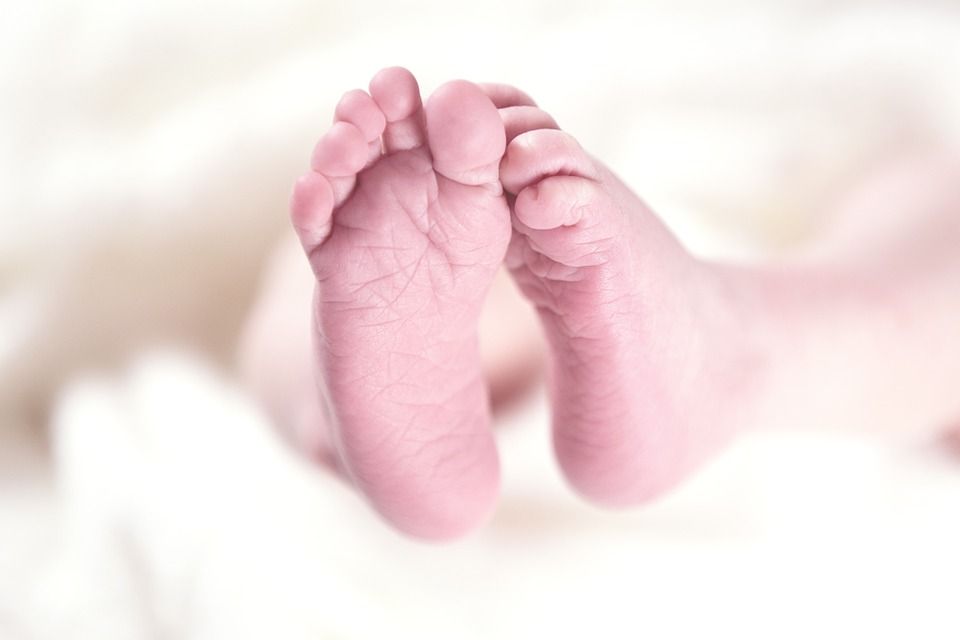One in four Danish women aged 20-30 say they are considering not having children due to concern about climate change, according to a study carried out by the think-tank Kraka with support from the consultancy firm Deloitte.
The study asked 1,500 women and girls between the ages of 12 and 30 and found that 27 percent were worried about climate change ‘often or all the time’ and that 18 percent were considering not having children. Among women aged 20-30, this share rose to 26 percent.
“The desire to have children is connected with hope and faith in the future,” explained Maria Bruselius-Jensen, an associate professor at the Center for Youth Research at Aalborg University, to Information newspaper.
“When young people are reminded again and again that the climate crisis looks intractable, you start to consider whether you want to put children into an uncertain future.”
Correlation between climate anxiety and political distrust
According to Bruselius-Jensen, fear and dissatisfaction concerning climate change are closely correlated with a distrust of the political system.
“It is difficult as a young person to have hope for the future when you are repeatedly confronted with the fact that the solutions will not come,” she reasoned.
Kraka head Peter Mogensen conceded he was surprised by the figures, contending that the study had presented a few explanations for current levels of youth dissatisfaction.
“Having children is a big and important part of many people’s lives. It is therefore very thought-provoking that so many are considering changing such a fundamental life choice as a result of climate change,” he told Information.
Denmark’s birth rate is at its lowest point since 1987. Last year, it stood at 1.55 children per woman.















